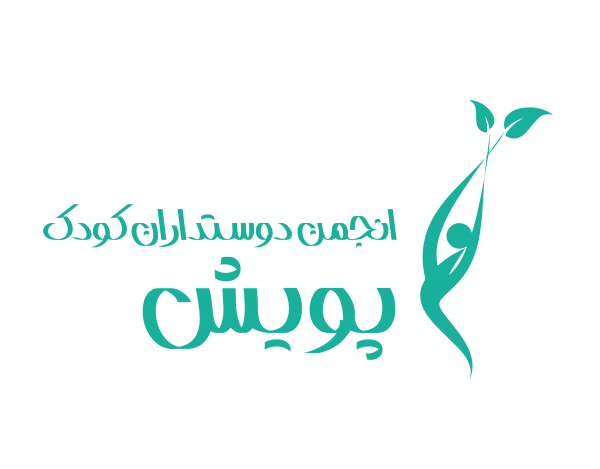On the occasion of World Philosophy Day
The book “Questioning and Conversation with Children and Adolescents” written by Jana Moore Loon and Michael Burroughs has been translated by Morteza Barati and published by Lega Publishing recently. The title of the book contains two main terms of philosophy issues: questioning and dialogue. Philosophy, inherently, raises questions that are fundamental to understanding the human condition. As Thomas Nigel mentioned, “the focus of philosophy is on questions that human mind naturally finds vague.” We all face philosophical questions in our lives in some way that shape our wonder at the meaning of life, our reflection on our values, and also the right and wrong reflections of our actions.
Evaluating these issues, both children and adults, we engage in philosophical thinking. Often, these questions do not have a definite answer. They make us aware of the uncertainty and the existence of philosophical possibilities in life. “Questioning and Conversation with Children and Adolescents” is written by Jana Moore Loon, director of the Northwestern Center for Philosophy for Children in the Department of Philosophy at the University of Washington, and Michael Burroughs, a senior lecturer in philosophy at Pennsylvania State University. The authors start the first and second chapters of the present book by discussing the main motivations of philosophizing with children.
These motivations are based on the belief that philosophy inherently is a fundamental practice for the human condition and the education system should not be limited to students and higher education. Asking, examining, and answering fundamental questions — whether moral, political, existential, epistemological, or metaphysical — is a common practice that can be beneficial from an early age. When philosophy is introduced in schools, children engage in related questions and activities through dialogue and reflection, which leads to collaborative exploration. Educators and students must facilitate the necessary educational conditions for philosophical questions to be asked fruitfully and in a way that is useful for students’ learning. To this end, the authors discuss in the third to fifth chapters the philosophy of education and educational approaches that they believe have the greatest support for the philosophical practice, including the importance of philosophical sensitivity and the elements of the “philosophical exploratory circle” of learner-centeredness.
In the sixth to eighth chapters, many philosophical lessons are presented that can be used for philosophizing with children in elementary, junior high, and junior high schools. Covering a wide range of philosophical topics, including multiple classroom activities and discussion stimuli, the authors intend to make this lesson plan equally useful for the pre-university teacher, the experienced pre-university philosophy expert, and the novice instructors. In the final part of the book, the authors turn their attention to important issues that they think deserve more attention in the pre-university philosophy literature. These issues include:
Discrimination, power relations, social inequalities, and respect for children, as well as some macro-politics issues, about trying to open up philosophy to schools. Many books on pre-university philosophy education have been published before, and there is a wide range of useful resources for introducing philosophy to children in a variety of ways, many of which are listed in the bibliography and appendix of the book. The book “Questioning and Conversation with Children and Adolescents” introduces other practical resources for use in classrooms and considers educational, social, and political topics that are currently less visible in written works.
According to the authors, writing this book requires thinking deeply about the educational value of pre-university philosophy, philosophy in education, and the relationship between pre-university philosophy and important issues in contemporary education such as educational reform, child-rearing, and discrimination and privilege in classrooms. This book is the second title in the collection of “Philosophy for Children and Adolescents” published by Lega. The first book in this series is “Philosophical Child: Fostering the Intellectual and Philosophical Power of Children”, the second edition of which was recently published. “Questioning and Conversation with Children and Adolescents” is a resource for pre-university philosophy classes and can be used by enthusiasts, administrators, educators, policymakers, and parents.
Introducing philosophy to schools may seem like a small task at first, like another subject for education; But this small action can be very important. Philosophical practice, based on thinking for children themselves, recognizes their intellectual capacities. Respecting the contribution of children can lead to thinking about big and complex issues and respecting their experiences and ideas. According to the authors, this could be a breakthrough for education.
Source: Shargh Newspaper
